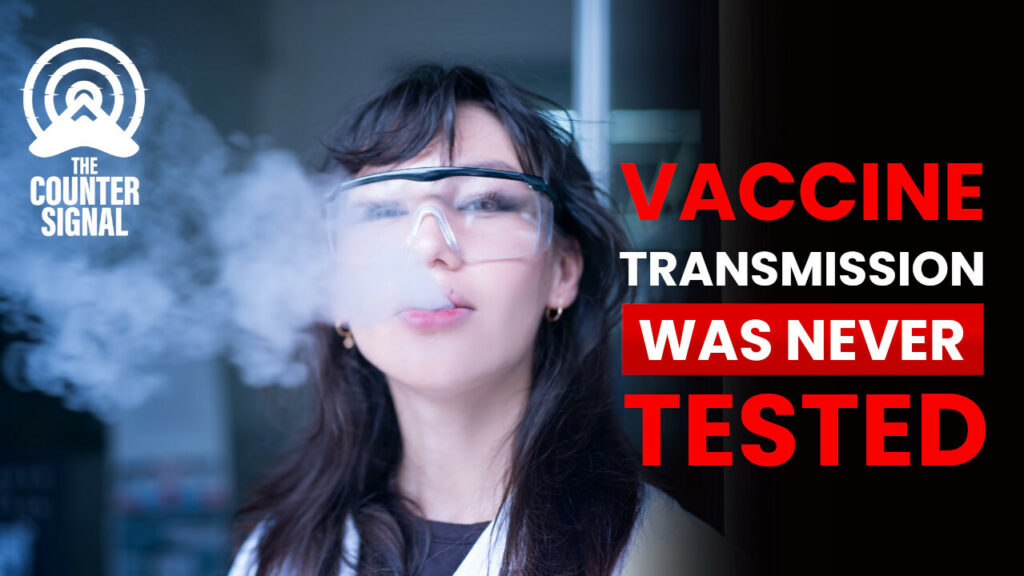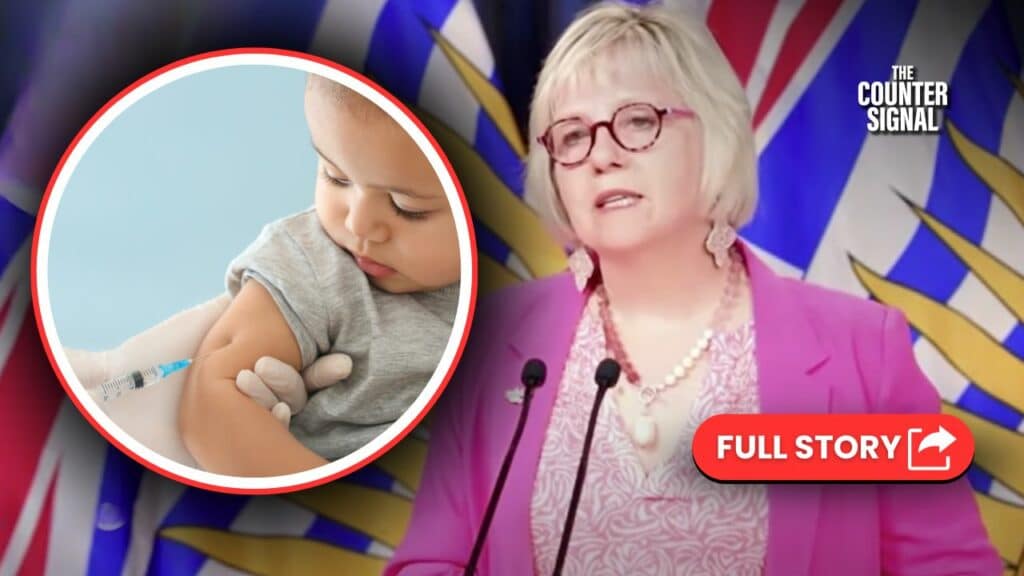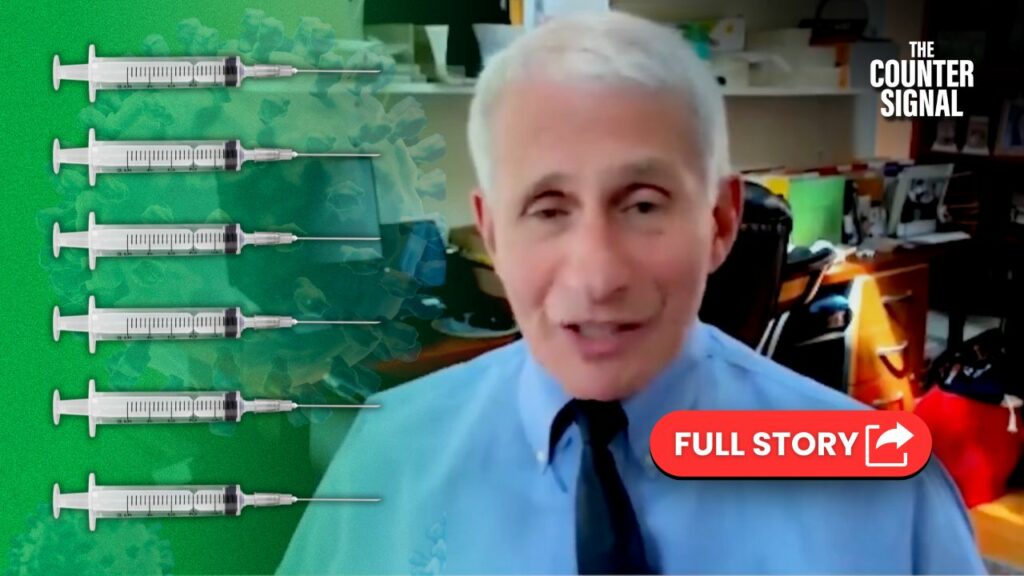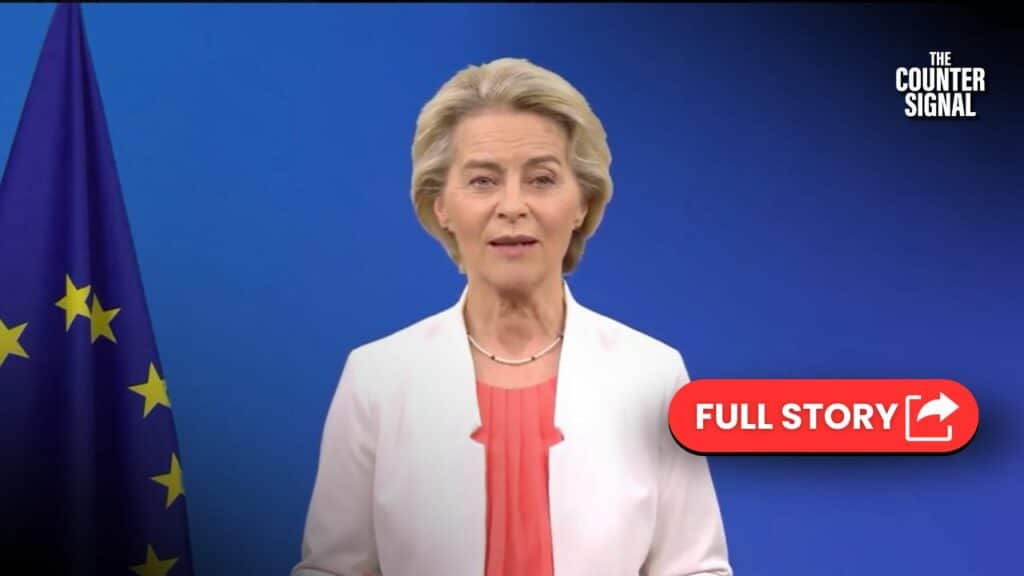During a COVID hearing at the European Parliament, Pfizer’s representative said it never tested the ability of its COVID vaccine to prevent transmission.

The revelation came after Dutch MP Rob Roos questioned Janine Small, Pfizer’s president of international developed markets.
“To you, Ms. Small, I have the following question, to which I would like to receive a clear response,” Roos said in Dutch before switching to English.
“Was the Pfizer vaccine tested on stopping the transmission of the virus before it entered the market?”
🚨 BREAKING:
— Rob Roos MEP 🇳🇱 (@Rob_Roos) October 11, 2022
In COVID hearing, #Pfizer director admits: #vaccine was never tested on preventing transmission.
"Get vaccinated for others" was always a lie.
The only purpose of the #COVID passport: forcing people to get vaccinated.
The world needs to know. Share this video! ⤵️ pic.twitter.com/su1WqgB4dO
Small responded with a chuckle, “No.”
“These, umm, you know, we had to really move at the speed of science to really understand what is taking place in the market.”
Roos shared the exchange between him and Small on social media and asked users to share it.
He also chastised the Dutch Minister of Health for shaming people into getting vaccinated. He said that health officials told people not just to get vaccinated for themselves but for others — and to protect society.
“Today, this turns out to be complete nonsense,” Roos said.
In August, The Counter Signal reported on a study that suggested COVID-vaccinated individuals spread COVID for longer than unvaccinated individuals.
Researchers published the findings in the New England Journal of Medicine as a letter to the editor and appeared to have tried to downplay the variance.
“We did not find large differences in the median duration of viral shedding among participants who were unvaccinated, those who were vaccinated but not boosted, and those who were vaccinated and boosted,” they wrote.
However, as the data indicates, the vaccinated were contagious for a longer period than the unvaccinated.
For example, the study found that ten days after testing positive for COVID-19, only 31% of unvaccinated individuals were still testing positive by PCR test, compared to 70% of vaccinated individuals and 61% of vaccinated plus boosted individuals.
Moreover, five days later, only 6% of unvaccinated participants were still testing positive, compared to 22% and 7.5% of vaccinated and boosted individuals, respectively.










